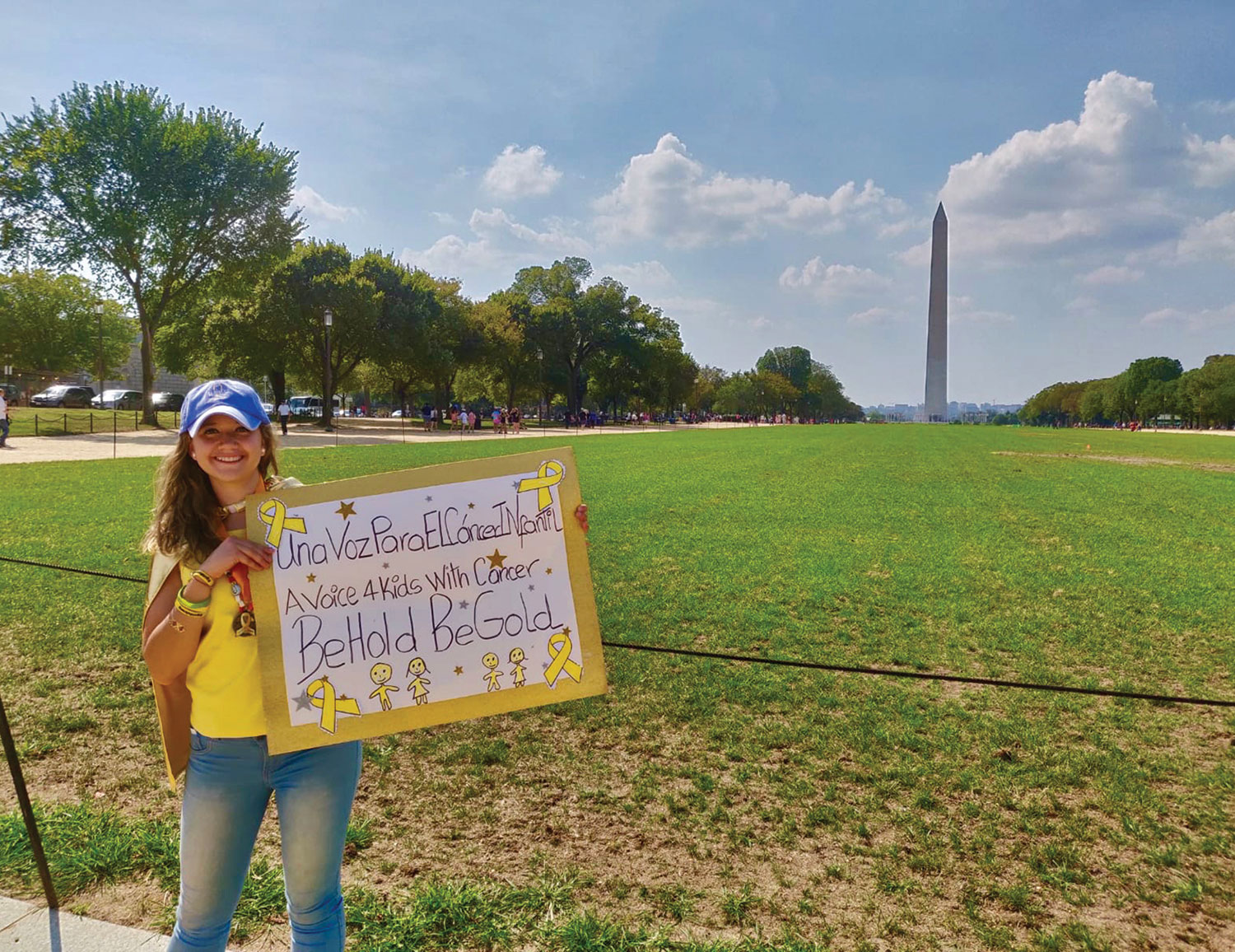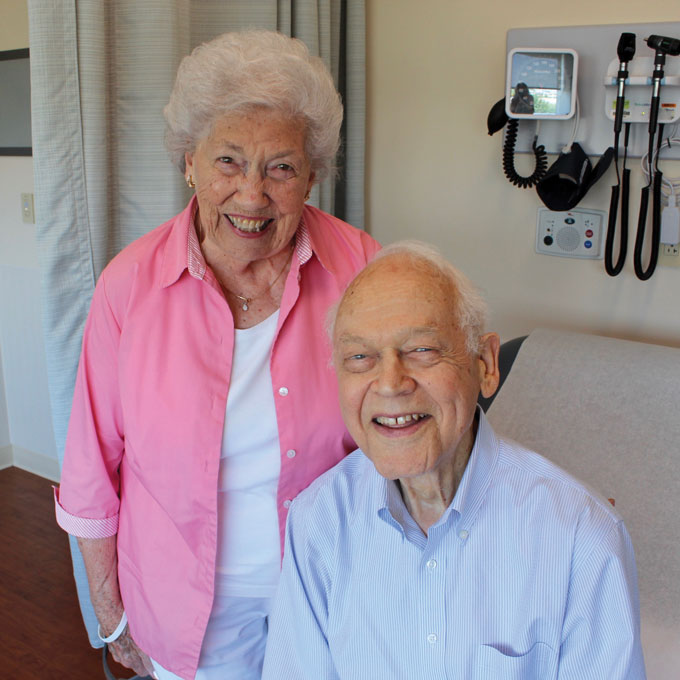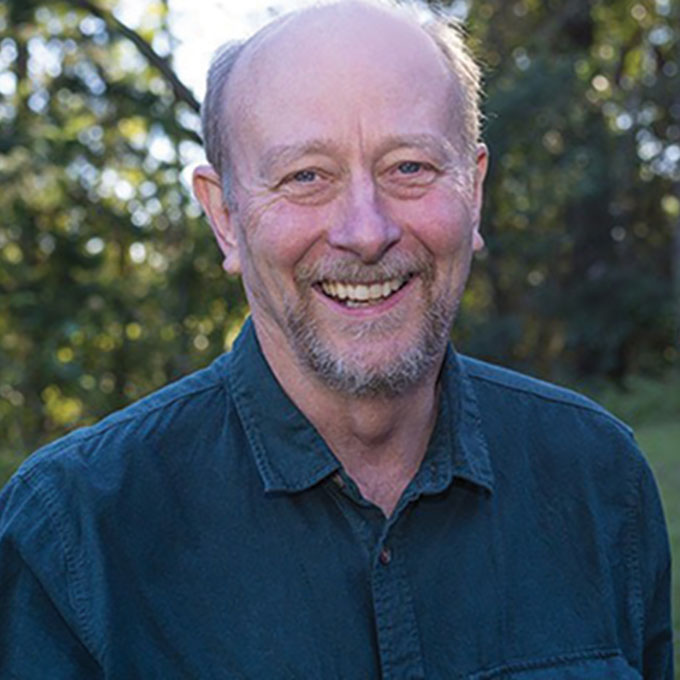
Photo courtesy of Juanita Prada
Juanita Prada
Roanoke, Virginia
Acute lymphoblastic leukemia at age 10 in 2003 and at age 14 in 2006
Today: Prada volunteers at the children’s hospital where she received treatment and helps to educate the public about childhood cancer through public speaking and by blogging on her website, BeholdBeGold. When she’s not spending time serving others, she finds Latin dancing to be a good outlet for stress and a reprieve from the challenges of day-to-day life. From an early age, Prada loved to dance to and sing along with Latin music. In the years immediately after her diagnosis, however, she was forced to shift her attention toward responsibilities like physical therapy and catching up with schoolwork. A few years after she completed cancer treatment, she spent a month with her family in Colombia and rekindled her passion. “That’s when I rediscovered my ethnicity, my culture, my roots and my love for Latin dancing,” she says. “When I am dancing, I find myself able to express my emotions.”

Photo courtesy of Northwestern Medicine
Gilbert Beers
Elgin, Illinois
Stomach cancer at age 90 in 2019
Today: Beers recently congregated with his loved ones at Turkey Run State Park in Indiana, an annual tradition that he and his family have upheld for 54 years. Forty-one family members attended this year—in stark contrast to the turnout the first year, when only Beers, his wife and their five children made the trip. The outing presents an opportunity for the various strands of the family to come together. Beers notes that his 18 great-grandchildren are as close as siblings, just as their parents were before them. “The place is special, but the underlying purpose is tradition,” says Beers. “Keeping family traditions alive keeps family alive, for traditions become the foundation on which the future is built.”

Photo courtesy of Rod Ritchie
Rod Ritchie
Cooroy, Australia
Stage III breast cancer at age 64 in 2014, prostate cancer at age 66 in 2016
Today: Ritchie remembers being frustrated by the lack of treatment protocols developed specifically for men while he was being treated for breast cancer. He set about championing the inclusion of men in studies and clinical trials pertaining to breast cancer and working directly with fellow patients as a telephone counselor. “The most rewarding aspect to my work as an advocate is to see results on some issues that I, and many others, were keen to see progress on,” says Ritchie. “We live in a wonderful age of medical care with reasons to be optimistic, and the goals we set for the future can include helping others, as well as reinforcing our love for family and friends, and overcoming the fear for our future.”
Cancer Today magazine is free to cancer patients, survivors and caregivers who live in the U.S. Subscribe here to receive four issues per year.




